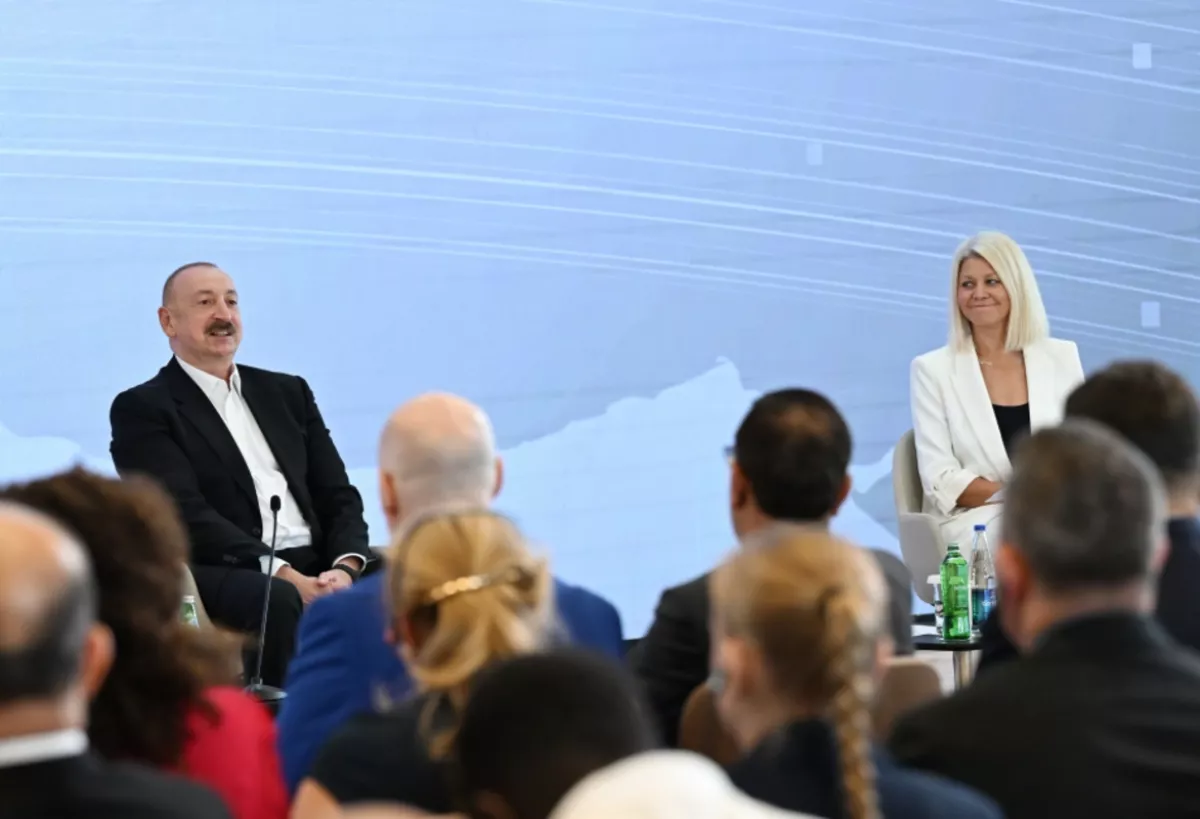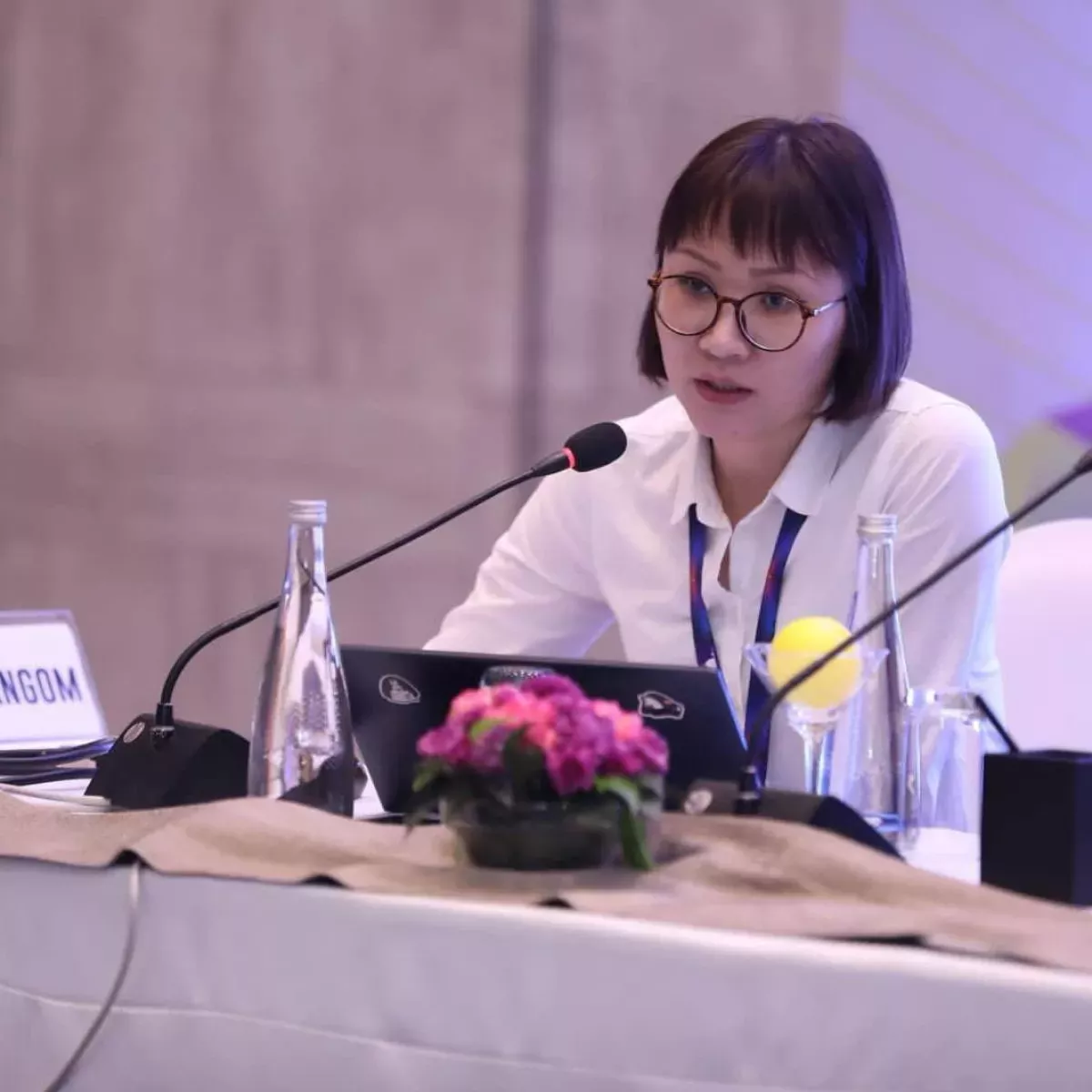Baku’s multi-vector diplomacy: Bridging East and West Expert opinions on Caliber.Az
Azerbaijan is one of the few countries that is a member of both European and Islamic organisations, actively participating in summits and cooperation formats under the European Union, the Organisation of Islamic Cooperation (OIC), the Economic Cooperation Organisation (ECO), and many others.

However, perhaps the most important strategic direction of Azerbaijan’s foreign policy—as noted during President Ilham Aliyev’s meeting with participants of the 3rd Shusha Global Media Forum in Khankendi—is its unique multi-vector approach to building relations with countries and centres of power located in various corners of the world.
For example, one of the main political and economic achievements of Azerbaijan’s foreign policy in 2025 was the signing of a strategic partnership agreement with China and the introduction of a visa-free regime with Beijing. At the same time, in the West, Baku has achieved notable progress in cooperation with EU countries.
Moreover, Azerbaijan has emerged as a skilful mediator and moderator of political dialogue in the Middle East—a region where, over the past year, countries such as Türkiye, Israel, and Syria have benefited from Baku’s diplomatic support.
But what is the international perception of Baku’s multi-vector policy potential? Austrian and Kazakh political analysts shared their views on this topic with Caliber.Az.

Dr. Albina Muratbekova, a China expert and political analyst from Kazakhstan, PhD in Oriental Studies and research fellow at the Eurasian Research Institute at Al-Farabi Kazakh National University, notes that Azerbaijan has managed to successfully advance its interests in Asia in a very short period of time—and continues to do so.
"The strategic partnership agreement with China immediately established Azerbaijan as Beijing's key partner in the South Caucasus. China quickly realised that the Republic of Azerbaijan is a country consistently working to expand its connections and capabilities. In turn, Baku has long recognised the importance of its transport and transit potential across Eurasia, as well as China’s growing interest in developments in the South Caucasus region,” the political analyst said.
In her view, Baku holds a special place in China's regional strategy, particularly in the context of the Middle Corridor initiative.
“For instance, the container train operating between China and Azerbaijan along the Xi’an–Baku route via Kazakhstan provides stable transport connectivity between China and Europe across the Caspian Sea, playing a key role in the corridor’s development. Since its launch, more than 350 block trains have already been dispatched, and this number is expected to grow in the near future. As a result, Baku is becoming an important logistics hub within China’s network of transport corridors, which in turn is boosting Chinese investment in Azerbaijan’s infrastructure,” Muratbekova concluded.

Meanwhile, according to Austrian political analyst Rudolf Valeev, Baku has been successfully accelerating its relations with the European Union, strengthening them through the most reliable channels—namely, the economy and energy cooperation. Despite the efforts of Azerbaijan’s adversaries—some powerful centres of influence who throughout last year attempted to drive a wedge between the EU and Azerbaijan—Baku managed to skilfully rebalance its ties and establish itself as an important and irreplaceable partner for many European countries.
“Just look at how much negative, anti-Azerbaijani rhetoric was directed at the country—sometimes even from top EU officials—last year. Much of it was clearly impulsive and emotional, influenced by Paris and its allies. But Baku responded to this overtly biased policy with remarkable restraint and constructiveness: it did not reject dialogue, did not issue ultimatums, but instead steadily and consistently pursued its course of cooperation with Western countries in the energy sector.
As a result, a growing number of European states now view Azerbaijan as one of the most reliable partners in the energy sphere—always ready to lend a helping hand and enabling Europe to reduce its dependence on Russian oil and gas. Azerbaijan conducted its diplomacy not through Brussels and its bureaucratic-ideological machinery, but directly with individual European nations, in a transparent and honest manner. The Southern Gas Corridor has become the foundation not only for a new phase in economic ties, but also for the political re-engagement between Azerbaijan and many European countries,” Valeev stated.








